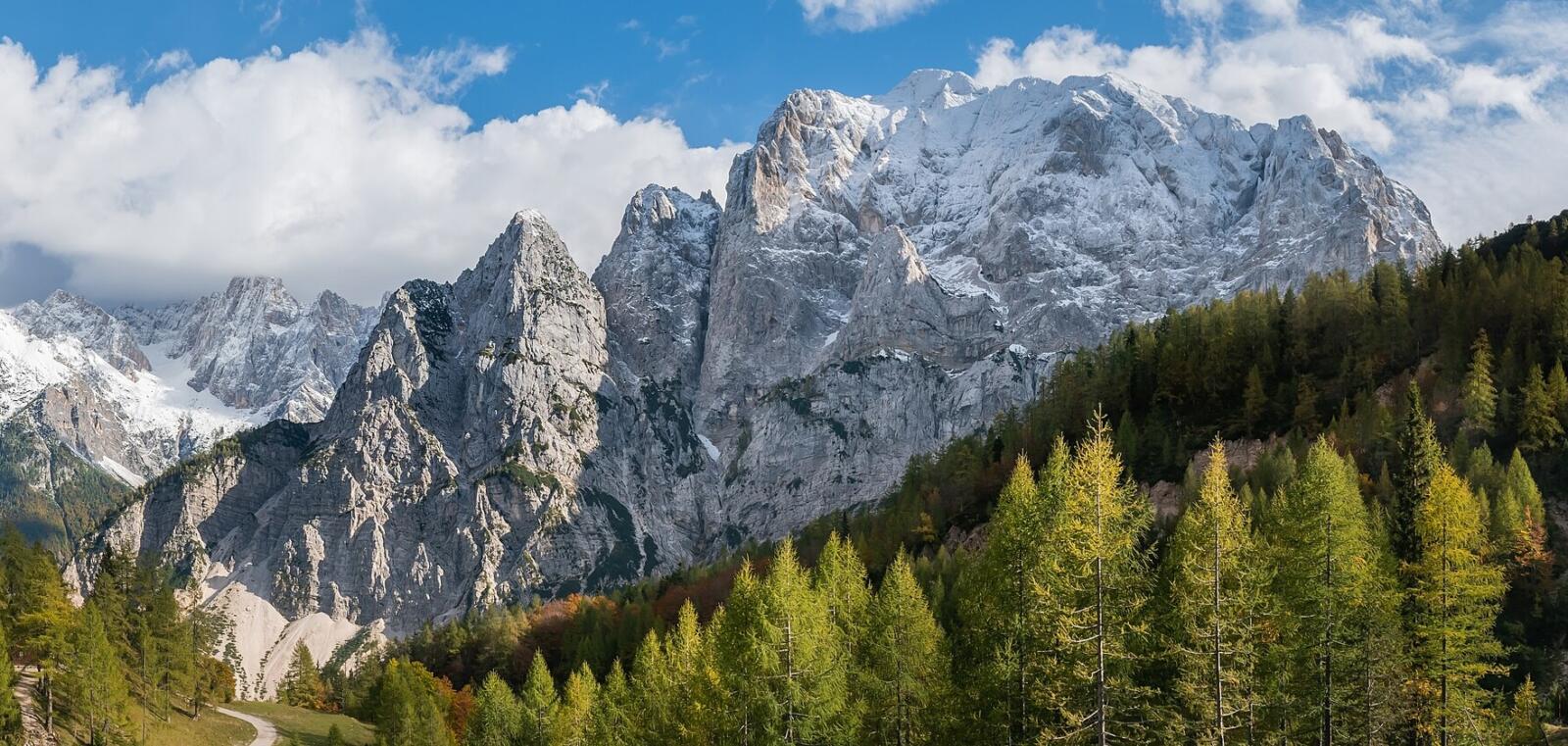Commentary on Parashat Nasso, Numbers 4:21-7:89
There is a story (apocryphal I am sure) told of Rabbi Samson Raphael Hirsch, the decidedly austere 19th century rabbi often seen as the founder of Modern Orthodoxy. Toward the end of his life, he is said to have surprised his students by taking a trip to Switzerland. His students were puzzled at best, and began asking questions to understand this trip. Ah, rabbi, they said, are you giving an important lecture? No, he said. Oh, rabbi, they said,are you teaching at an important synagogue? No, he said. Oh, rabbi, they said, are you presenting at an important conference? No, he said.
Seeing that they were confused, he explained: “Soon, I will stand before the Almighty. I will be held answerable to many questions. But, what will I say when I am asked, ‘Shimshon, my son, it is true you did many mitzvot, you lived by my rules, but did you also remember to see My Alps?’”
Long before Rabbi Hirsch, our ancient rabbis imagined a similar moment facing the Divine. In the less-quoted Jerusalem Talmud, the rabbis suggest that each of us will have to give account on the judgment day for every good permissible thing that we might have enjoyed and did not. Explaining further, we are taught that refusing worldly pleasures is at best a missed opportunity. At worst, it is neglect of a divine gift.
This makes the figure of the nazirite — introduced in Parashat Nasso — especially perplexing. In Numbers 6, we meet the man or woman who voluntarily vows to:
With your help, My Jewish Learning can provide endless opportunities for learning, connection and discovery.
- Abstain from all grape products — wine, juice, raisins, even red wine vinegar or that prized Vintner’s Daughter serum
- Refrain from cutting their hair — no breakup bangs or midlife crisis bob
- Avoid contact with the dead — even close family, no exceptions
The nazirite’s path is radical and demanding, and our tradition has wrestled with its implications. Ramban viewed the nazirite as spiritually elevated — perhaps even prophetic. But the Talmud and Maimonides (Rambam) were far less admiring. In Taanit 11a, the rabbis teach that one who denies themselves wine is already called a sinner — how much more so someone who abstains from many of life’s joys. Rambam goes further, warning against excessive asceticism:
“One who does not eat meat, drink wine, take a spouse, live in a decent home, or wear decent clothing … this is bad. It is forbidden. Whoever chooses this path is called a sinner.”
So which is it? Is the nazirite a saint — or a cautionary tale?
To explore this tension, I keep returning to a modern idea: flow state, the term coined by positive psychologists Mihaly Csikszentmihalyi and Jeanne Nakamura. Flow is the mental state where we are deeply immersed, focused and energized — so much so that time disappears. We forget to eat and sleep. Flow is a peak experience of purpose, creativity and connection. Crucially, flow is not meant to be permanent. We are designed to move in and out of it. A person living perpetually in flow would burn out, would find it utterly unsustainable.
And perhaps the nazirite is like that: a person in a state of temporary elevation. Their vow gives them time set apart for deep spiritual focus, but it’s not a permanent lifestyle. The Torah itself (with a couple of notable exceptions: ahem, Samson) makes this clear: The nazirite vow ends. There is a return to normalcy — a reentry into the world.
Why? Because the world as it is matters. Judaism is a tradition rooted not in escape from the world, but in sanctifying it. Professor Rabbi Stephen A. Geller notes that the laws of the nazirite may reflect a broader impulse of the portion: to channel extreme spiritual energy — whether potentially destructive or wildly creative — so that it becomes sustainable.
Or, as a more contemporary thinker put it: “Make the friendship bracelets, take the moment and taste it.”
Because the Alps are God’s, too.



